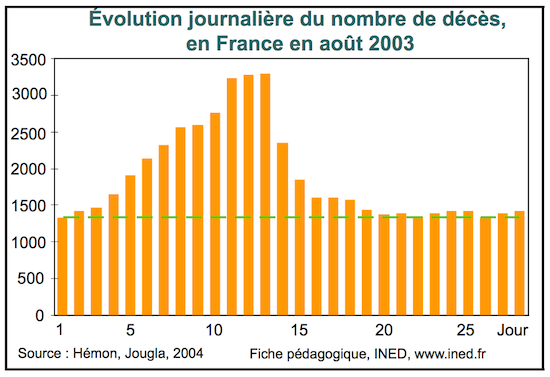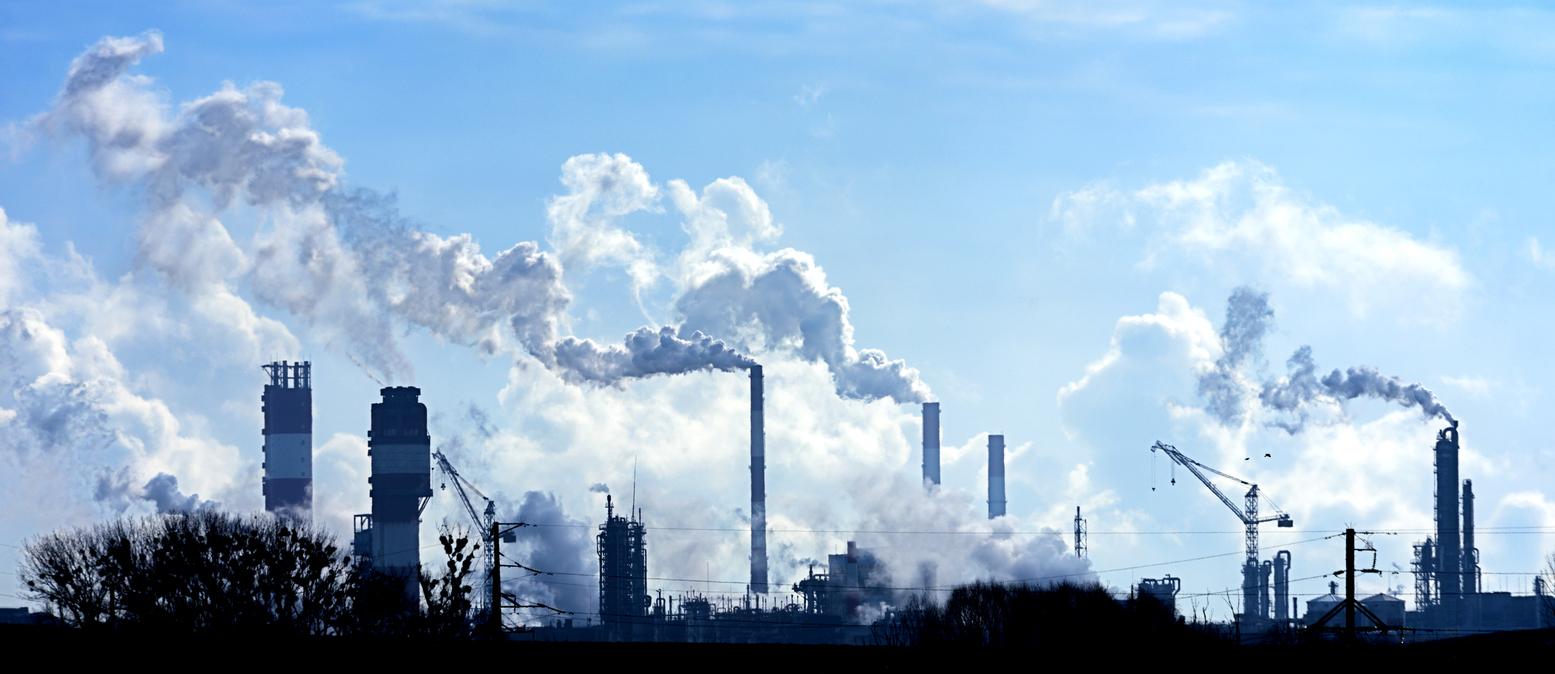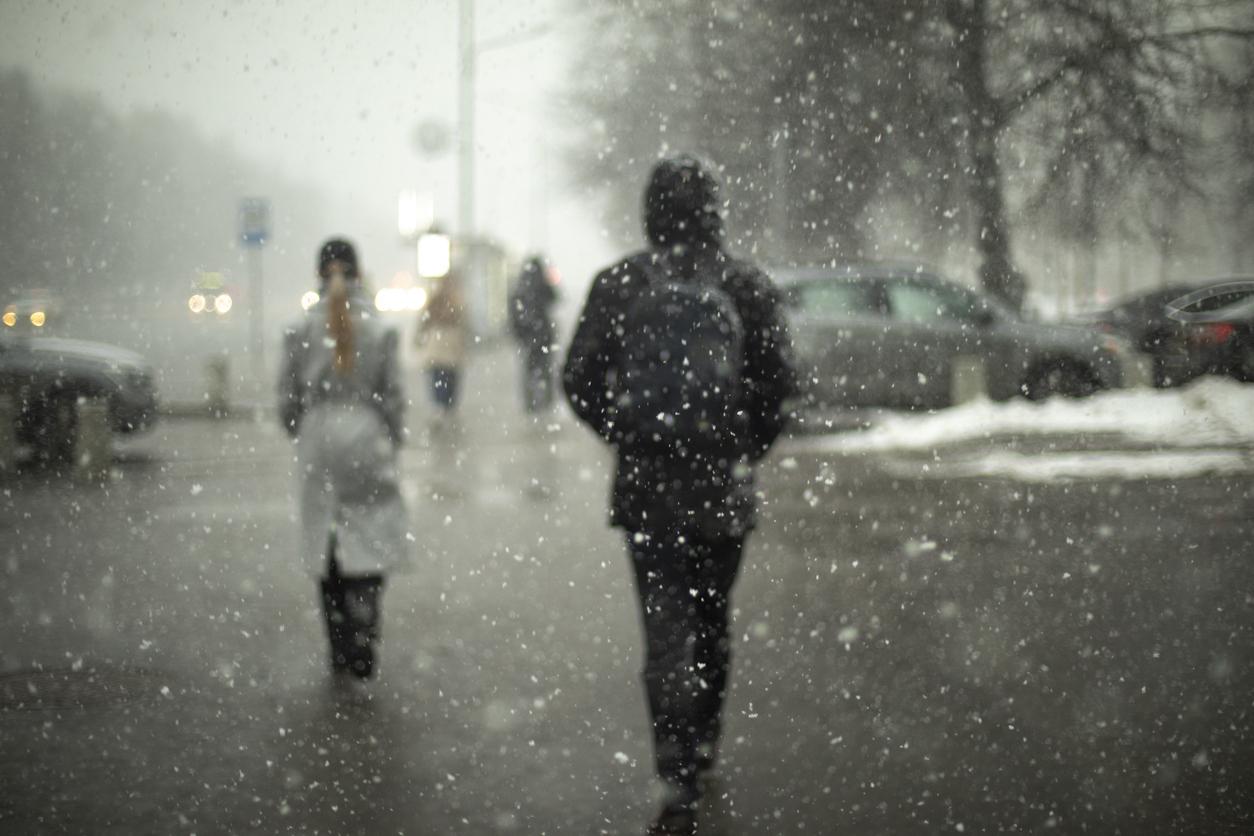In 2003, the heat wave that hit France was largely due to human hands: 70% of deaths are attributed to it.

A screed of lead falls on the south-east of France from July 8. Hot winds from the Maghreb will blow over the region. Temperatures are expected to climb to 38 ° C during the day and not drop below 22 ° C at night. The heat wave is therefore predictable. 9 departments (1) have been placed on yellow vigilance and Bouches-du-Rhône on orange alert. A classic episode in the summer which must nevertheless be accompanied by special precautions.
Regular hydration, low physical activity, and sufficient diet are some of the recommendations made with regard to the population exposed to high temperatures. With each heat wave, a plan is activated at the national level. It includes setting up a telephone platform, which can be reached on 0 800 06 66 66.
15,000 dead in France
These precautionary measures are a direct result of the heatwave of 2003, which killed 15,000 people in France. If heat is usual between June and August, a wave of this magnitude, intensity and duration was not expected. However, it is the human hand that is responsible for it, as researchers from the University of Oxford (United Kingdom) recall in the review Environmental Research Letters.
The researchers focused on two cities in Europe that were hard hit in the summer of 2003: London and Paris, which was then the hottest city on the continent. The mortality data was passed into a climate simulation model of this fateful year. The team focused on the months of June to August. The algorithm allowed them to calculate how much of the deaths were attributable to human action on the climate.
506 deaths in Paris
Between the French capital and its British neighbor, the City of Light is clearly paying the price for global warming. 70% of mortality is linked to humans against 20% in London. It is indeed the impact of greenhouse gases and other toxic products for the climate that are in question: the frequency of heat waves and their severity should not have been so strong.
“This research shows that in just two cities, hundreds of deaths can be attributed to much higher temperatures due to human action on the climate,” summarizes Dr. Daniel Mitchell. Indeed, of the 735 deaths deplored in Paris, 506 are attributed to man. In London, 315 people passed the weapon on the left over the same period. Human beings are responsible for 64 of them.

(1) Ardèche, Drôme, Aude, Gard, Hérault, Landes, Pyrénées-Orientales, Var, Vaucluse
How to protect yourself from hot weather
During a heat wave, hydrating yourself regularly – by drinking water and wetting your body – is strongly recommended in order to avoid heatstroke. Public Health France also calls on those exposed, particularly if they are at risk, to eat in sufficient quantity, to avoid physical exertion and not to drink alcohol. In terms of the environment, it is also possible to act: keeping the shutters closed during the day, staying cool (cinema, supermarket, library) are therefore recommended.
In order to fight against isolation, the Ministry of Health asks families to stay in contact during these periods. Finally, employers can also get their hands dirty when their employees are exposed to climatic conditions: a decree, published in 2008, imposes simple but protective measures. In the building and public works sector, for example, a rest room or an arrangement of the site are necessary.
.
















